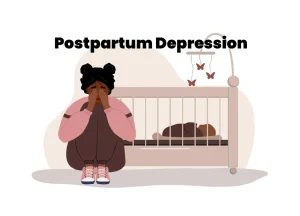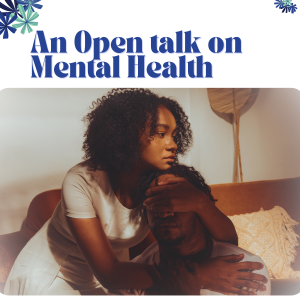In Nigeria, it’s not uncommon to hear whispers of spiritual attack or ancestral curses when someone is struggling with a mental illness. Honestly, for too long, conversations about mental health have been shrouded in stigma, often pushing those in distress towards solely spiritual solutions, sometimes at the expense of professional care. But what if we could bridge this gap?
This piece ventures into the crucial, yet often overlooked, pressing need for holistic mental health support in the presence of religion. Join me as we explore how these two powerful forces can unite to forge a path towards complete well-being for every Nigerian.
Misconceptions About Mental Illness in Religious Spaces
Misconception and wrong information are major contributors to widespread stigma surrounding mental illness. In our environment, some of the most common misconceptions that can be heard or observed in statements such as
- Prayer alone can cure mental illness
- Mental illness is a result of sin or wrongdoing
- Mental illness is not a legitimate medical condition
- Lack of faith or weak spirituality causes mental illness
- Seeking psychiatric help or medication shows a lack of trust in God
These statements are dangerous because they tag the presence of a mental health illness to an action or inaction caused by the individual. This is typically far from the truth in most cases. Data and researchers have reported in multiple papers that a mental illness can be triggered by a plethora of events or even by our biological makeup. In many Nigerian religious settings, mental illness is frequently misunderstood and often attributed to the factors listed above. This is far from the truth; in reality, some potential triggers that can lead to a mental illness include,
- Genetics
- Hormonal changes
- Bereavement or loss
- Experiencing discrimination and stigma
- Severe or long-term stress
- Long-term physical health conditions
- Domestic violence and bullying
- Experiencing a traumatic event (physical or psychological)
- Social and environmental precursors (a lack of social support or natural disasters)
As seen above, not all mental health issues are caused by spiritual events. However, while we strongly acknowledge the role of spirituality in our everyday lives, especially as Nigerians and Africans. It is also important to point out that seeking support should not lead to discrimination or stigmatisation. In fact, practices like prayer, fasting, and fellowship have been active coping strategies for coping during times of distress. One study clearly revealed that religiosity and spirituality significantly reduce symptoms of depression and anxiety in youths assessed. Interestingly, more research has shown that religious communities offer social support, collective belonging, and moral encouragement that can buffer the effects of stress and trauma.
So for us, the role religion plays cannot be debated because data clearly states so. However, in our region of the world, it is high time we begin to actively explore ways in which religion can collaboratively work with medical practitioners to help reduce the stigma around seeking help.
How can we bridge the gap Between Faith and Mental Health?
Bridging the gap between faith and mental health is essential for creating a holistic approach to well-being that honours both spiritual and psychological needs. In addition, faith-based communities have the unique potential to provide safe, compassionate environments that reduce stigma, foster resilience, and encourage individuals to seek help without fear of judgment. Some active steps we can take include,
- Create Safe Spaces
- Support Others with Compassion
- Correct misinformation as often as you can
- Foster Open Dialogue to Reduce Stigma
- Share links and directions to professional support when the need arises
Let us come together as faith communities, mental health professionals, and individuals to break down the barriers and stigma around mental illness. Take the first step today by starting a conversation in your community, advocating for integrated care, and supporting those on their mental health journey. Together, we can build bridges that transform lives.



